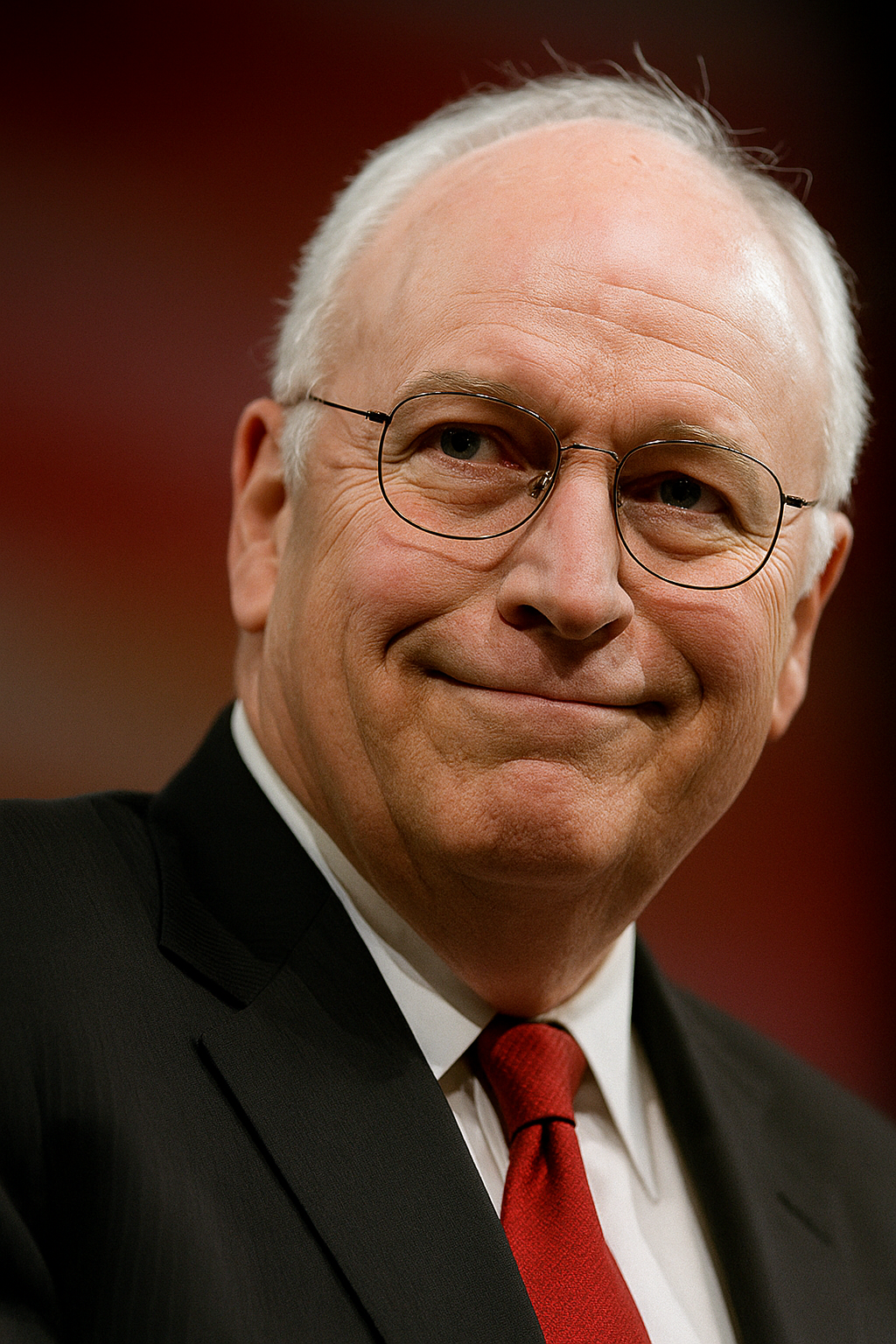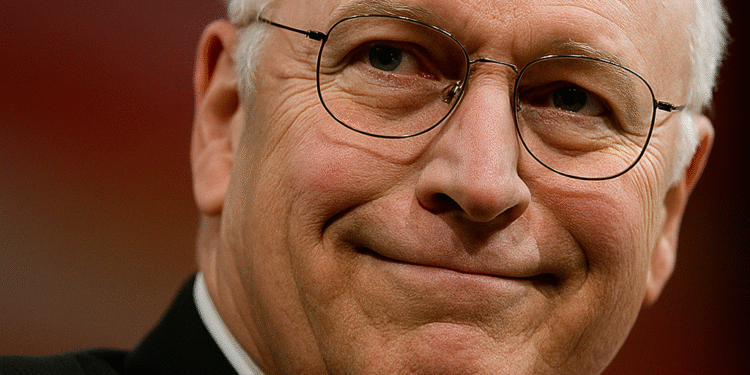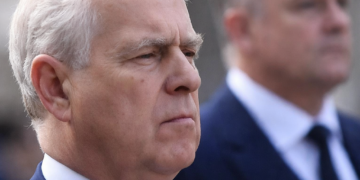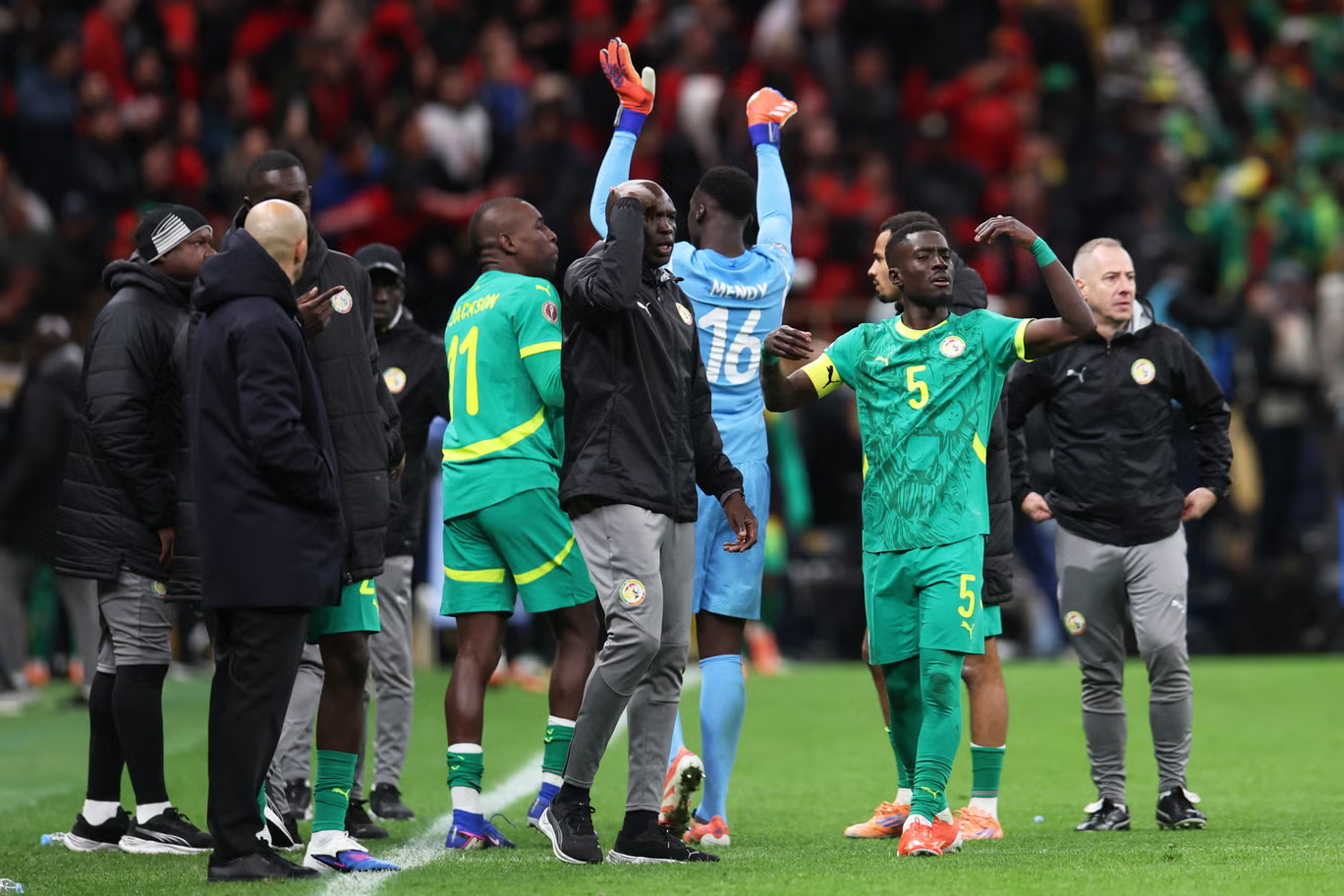Dick Cheney, the former U.S. vice president who became one of the most powerful and controversial figures in modern American history, has died at 84. A key architect of the post-9/11 “War on Terror,” Cheney’s legacy was ultimately defined by his immense influence on foreign policy and his dramatic late-life break with the Republican Party over Donald Trump.
Serving under President George W. Bush from 2001 to 2009, Cheney was a leading advocate for the invasions of Afghanistan and Iraq, and a staunch defender of “enhanced interrogation techniques” against terrorist suspects. His conviction in the necessity of pre-emptive war and an unfettered executive branch fundamentally reshaped America’s role in the world.
His political journey spanned decades, from White House Chief of Staff to Gerald Ford, to a decade in Congress, and a term as Secretary of Defense under George H.W. Bush, where he oversaw the 1991 Gulf War.
In a remarkable political coda, Cheney emerged as a vocal critic of Donald Trump, stating in 2024 that “there has never been an individual who is a greater threat to our republic.” His final major political act was an endorsement of Democrat Kamala Harris for president, a move that cemented his estrangement from the modern GOP and encapsulated a lifetime of defying easy political categorization.

Why It Matters
Dick Cheney was the definitive, unapologetic hawk whose worldview was forged in the Cold War and executed in the age of terrorism. He operated with a conviction that American security justified extreme measures, leaving a legacy that is both respected for its resoluteness and reviled for its consequences.
The same man who championed the Iraq War and waterboarding later stood as a bulwark for constitutional order against Trump, proving that his ultimate allegiance was to a specific vision of American power—one that ultimately transcended party loyalty.
His career presents a profound contradiction of a leader who expanded vice-presidential power to its zenith, and yet whose most defining political act was his final, lonely stand against his own party. History will remember him not as a mere vice president, but as a primary architect of the 21st century’s most consequential American policies.

















